
menu

Posted in Uncategorized | May 10, 2023
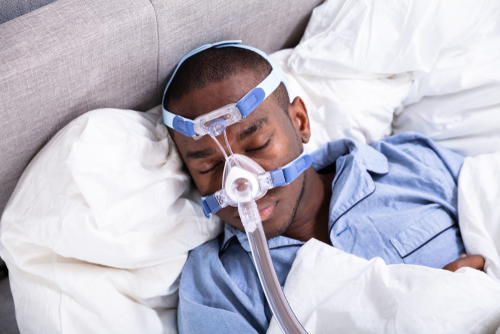
Are you constantly drowsy and tired during the day? Has your partner mentioned you snore loudly, choke, or gasp while sleeping every night?
These could be signs of sleep apnea. Sleep apnea is a chronic condition that doesn’t go away on its own.
Luckily, there are highly effective treatment options, like a CPAP machine. CPAP machines are a non-invasive, non-surgical way to treat sleep apnea.
Keep reading to learn more about sleep apnea, what a CPAP machine is, how CPAP works to treat sleep apnea, and how the device can help you get a better night’s rest.
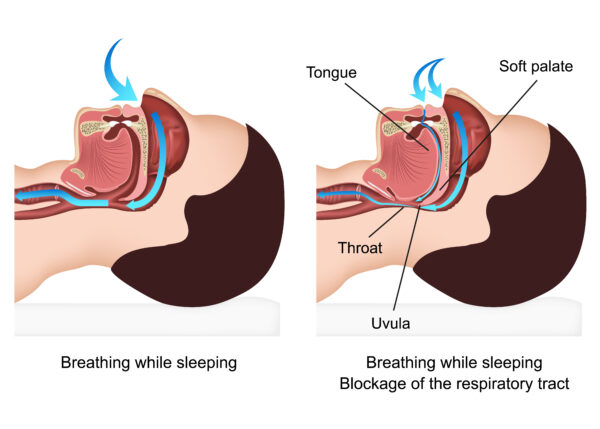
Sleep apnea is a condition that results in breathing stopping and starting while sleeping. Your breathing may pause for 10 to 30 seconds at a time, up to 400 times per night.
The periods of not breathing disrupt your sleep even if you’re not entirely awake. There are three main types of sleep apnea. They include:
Obstructive sleep apnea occurs when your throat muscles relax and block your airway, preventing the free flow of air into your lungs.
Central sleep apnea happens when your brain temporarily forgets to tell your muscles to take in air.
Complex sleep apnea is a combination of central sleep apnea and obstructive sleep apnea.
Loud snoring is a classic symptom of sleep apnea. Other signs and symptoms of sleep apnea include:

When sleep apnea is left untreated, it can cause severe health problems, including:
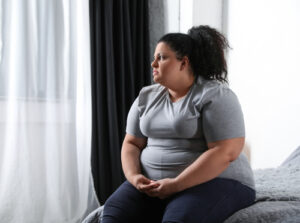
Because a CPAP machine is quite effective in treating sleep apnea, it can significantly reduce your risk of developing these conditions.
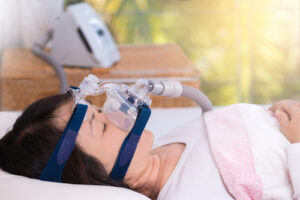
CPAP stands for Continuous Positive Airway Pressure. A CPAP machine is a small, powerful box with a motorized turbine, a tube, and a soft mask.
Inside the box is a filter that removes smoke, dust, and other impurities in the air. The filter pressurizes the air once all the contaminants have been eliminated.
The tiny box also has a built-in humidification chamber for warming the water to humidify the pressurized air.
You put on the mask when you go to sleep. Your mask can cover the mouth and nose area, and others cover only the nostrils, while some cover the entire length of your face.
The CPAP motor fan sucks in air from the surrounding areas, which passes through the filter. The filter then pressurizes the air while the humidification chamber warms it before delivering it to the mask.
Next, the CPAP tube transfers purified, humidified, and pressurized air from the motor to the mask. This pressurized air keeps your airways open all night long and enables you to breathe normally.
Your ENT specialist at Specialty Care Institute will pre-determine the ideal pressure settings for you, and this is typically programmed into the CPAP machine. When the air moves from the mask into your system, your lungs get the oxygen required for more stable breathing and better sleep quality.
The CPAP tube is long and flexible enough to allow you to turn over in bed. In addition, the machine doesn’t produce a loud noise, so you and your partner won’t be disturbed by it while sleeping.
A CPAP machine is the gold-standard treatment for sleep apnea. It can help you sleep better in the following ways:
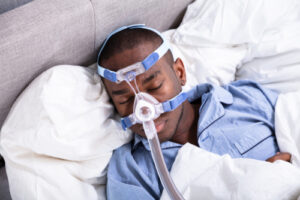
Sleep apnea causes you to stop breathing temporarily. Each time your breathing pauses, your brain jolts you awake so you can resume breathing.
The interruptions in breathing throughout the night can get in the way of restorative sleep.
Because a CPAP machine delivers a continuous air stream into your airways, you’re less likely to experience repeated awakenings. Having a continuous stream of air delivered into your airways means you can enter this vital sleep phase. Everything’s better with restorative sleep.
Restful sleep supports the repair and growth of tissues and bones, strengthens your immune system, improves your mood and memory, boosts your energy, and enhances your digestive system.
The multiple pauses in breathing due to sleep apnea prevent you from receiving enough oxygen while sleeping. In turn, this puts a constant strain on your body.
A low supply of oxygen negatively affects your heart and other organs. Additionally, not receiving enough oxygen decreases your overall quality of sleep.
A CPAP machine provides a constant stream of air during sleep. The continuous air supply increases the oxygen flow and improves sleep quality, leaving you feeling recharged and ready for the day.
Obstructive sleep apnea happens because of blocked airways. It causes you to frequently stop and start breathing while you’re asleep. Pressurized air from a CPAP machine into your system opens your airways all night.
Without anything obstructing your airways, your breathing doesn’t pause, meaning you won’t wake up multiple times to begin breathing again. You’ll wake up feeling rested and refreshed.
In obstructive sleep apnea, the muscles in your neck and head relax during sleep, causing the surrounding soft tissue to press on your windpipe. That obstructs the airflow and blocks your breathing repeatedly, interrupting your sleep all night.
A CPAP machine constantly pumps pressurized air that inflates your windpipe and ensures it remains open. This improves your breathing and leads to a good night’s sleep.

The only way to know if you have apnea is to undergo a sleep study at Specialty Care Institute. If you’re diagnosed with sleep apnea, our specialists at Specialty Care will match you with a suitable device, like a CPAP machine or the best procedure, to ensure sound sleep health and prevent serious complications.
Do you have symptoms of sleep apnea? Schedule your appointment today at Specialty Care Institute in Arlington Heights, Barrington, Elgin, or Hoffman Estates, IL, to start your journey toward restful sleep.